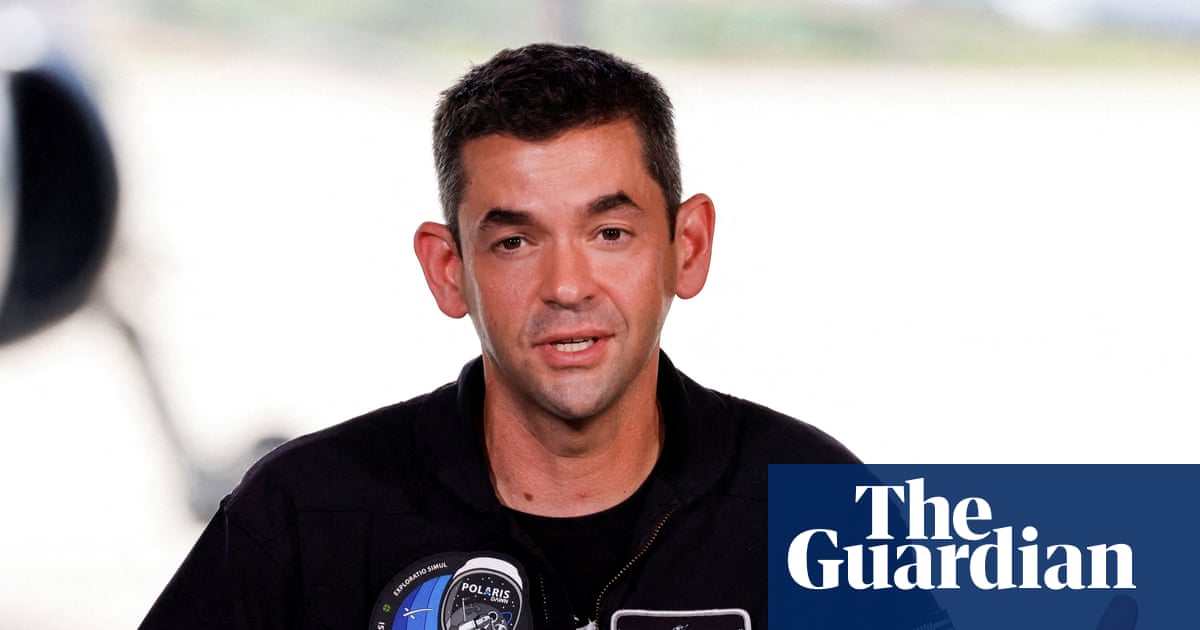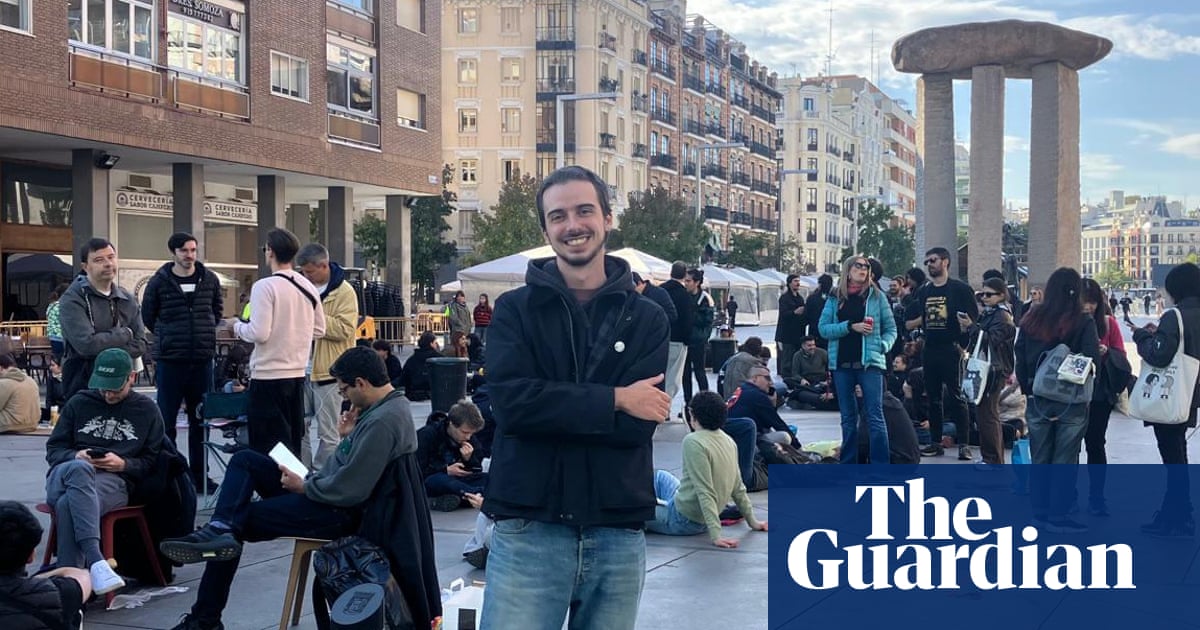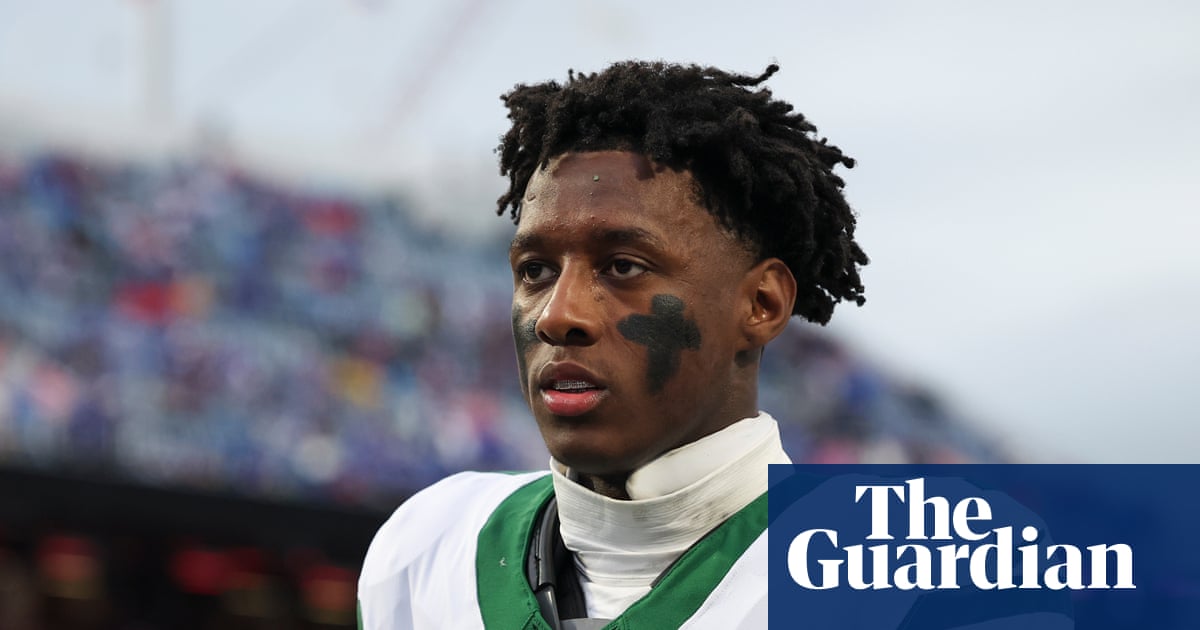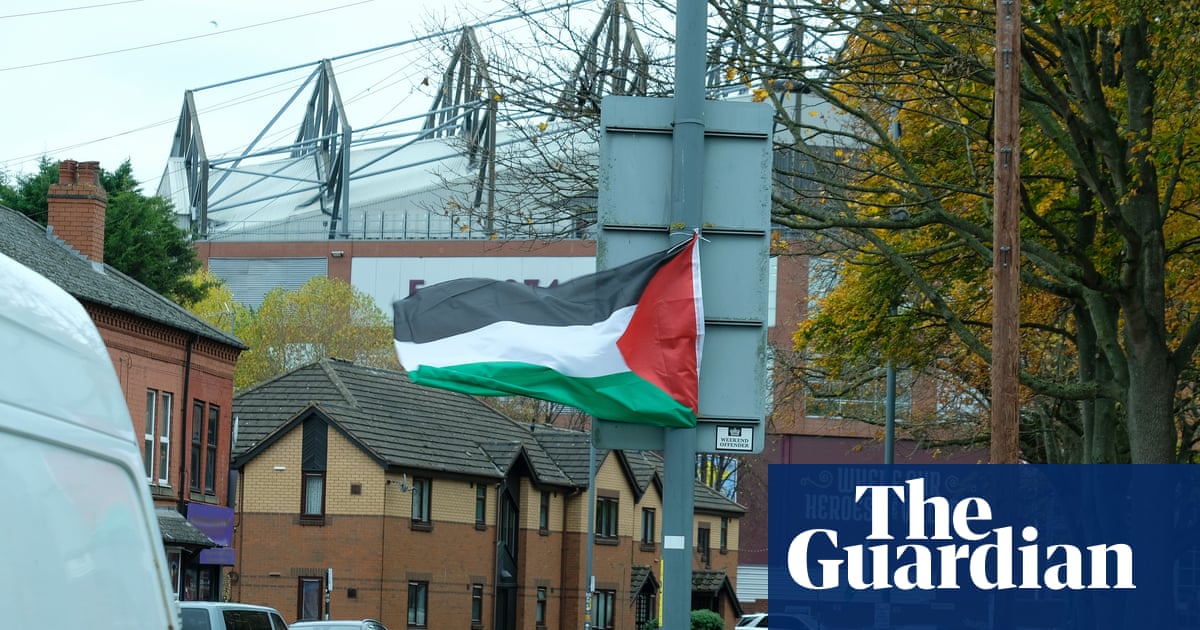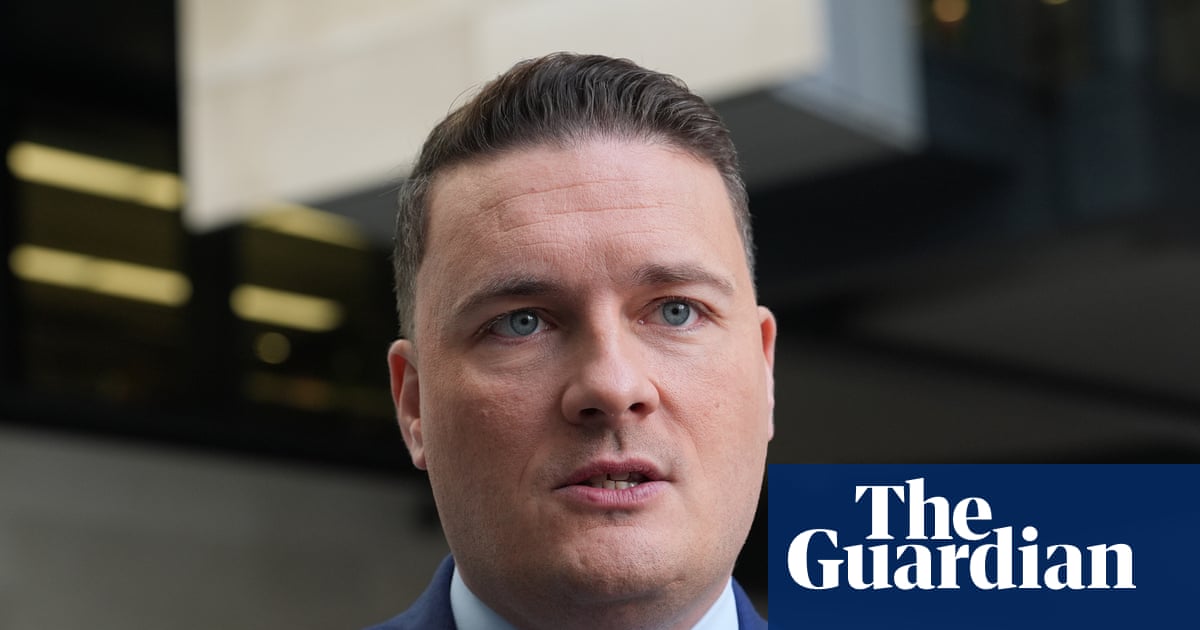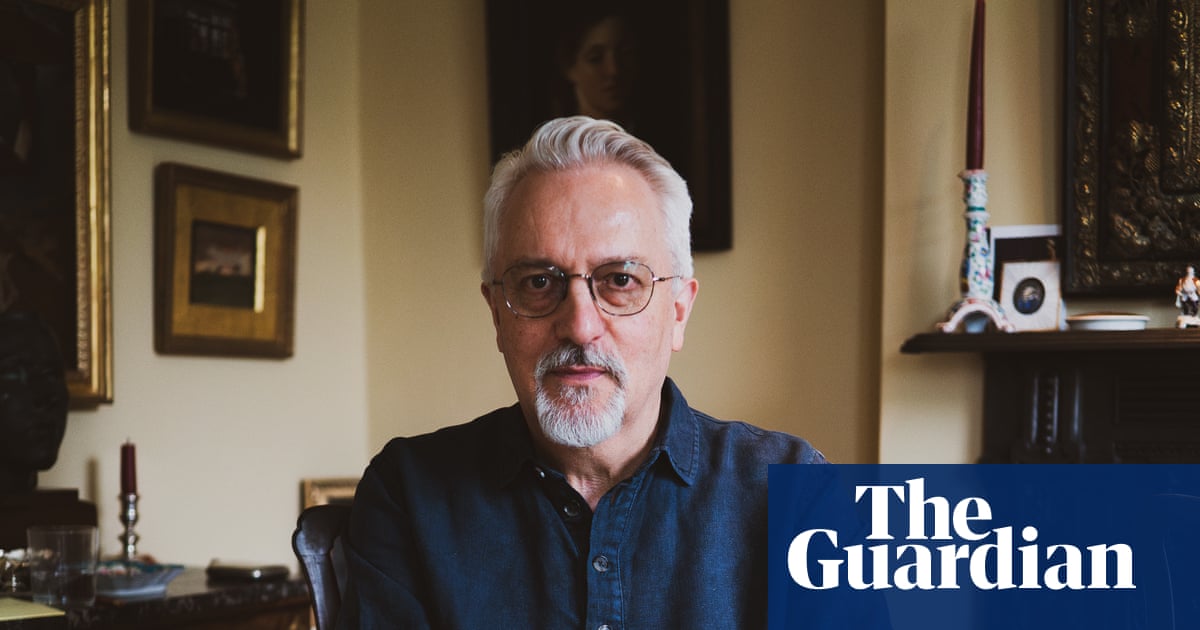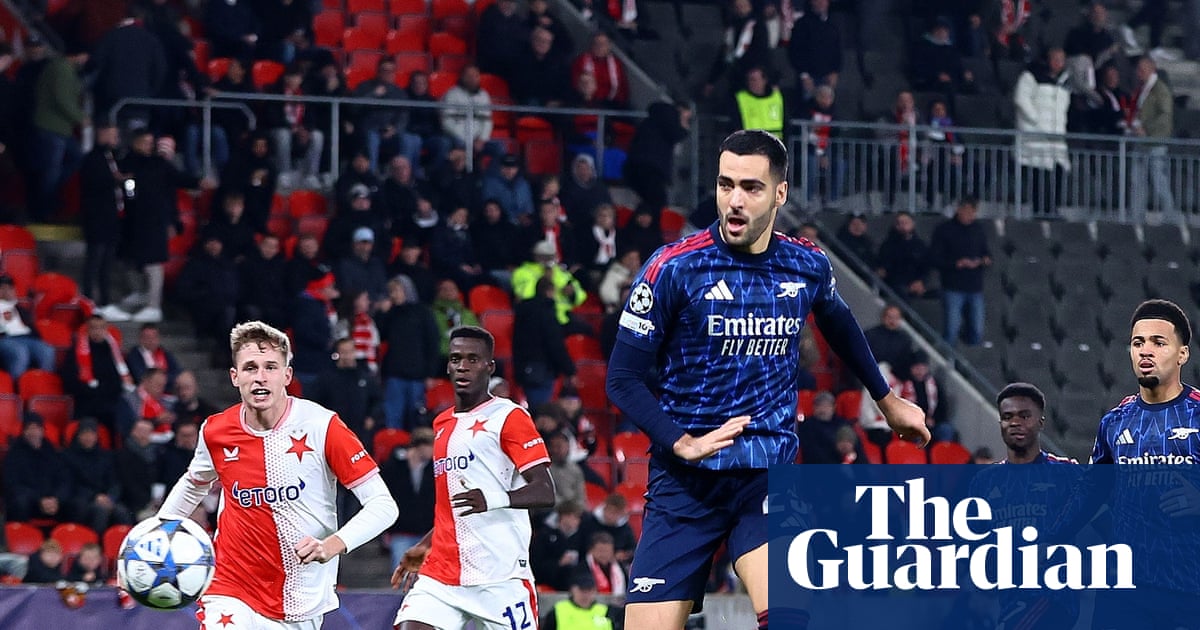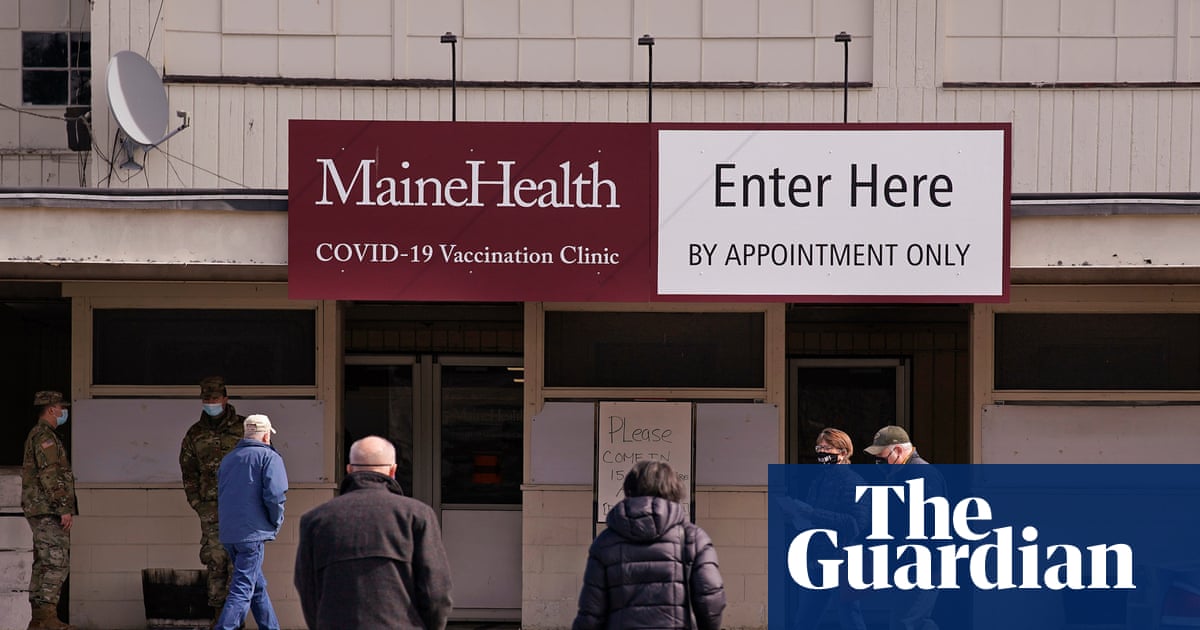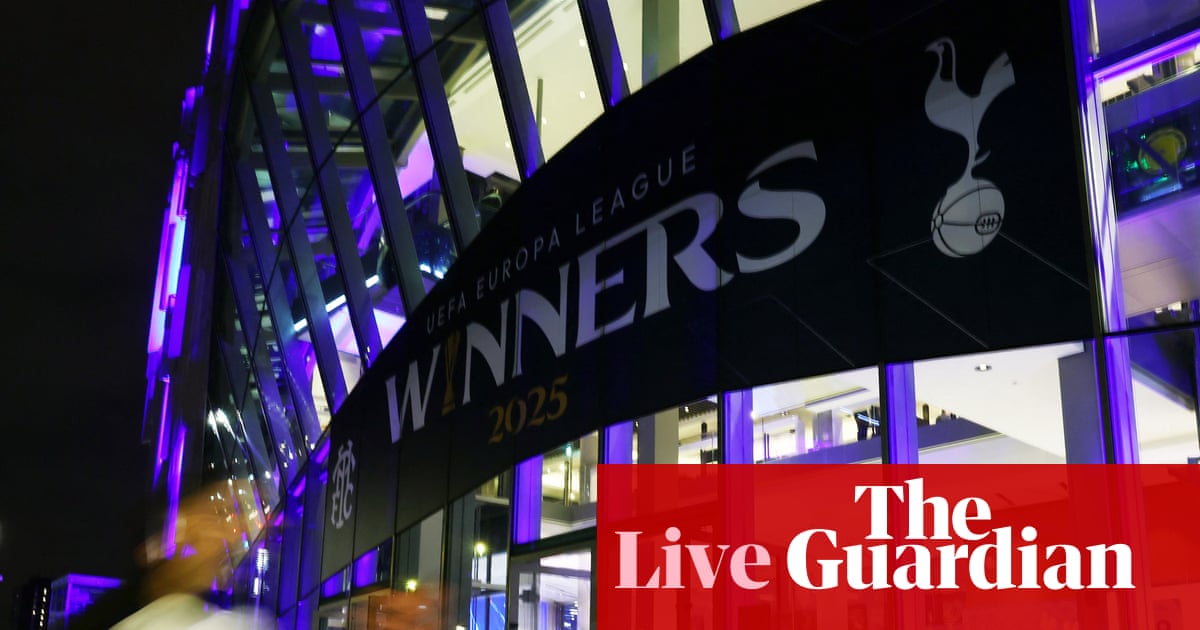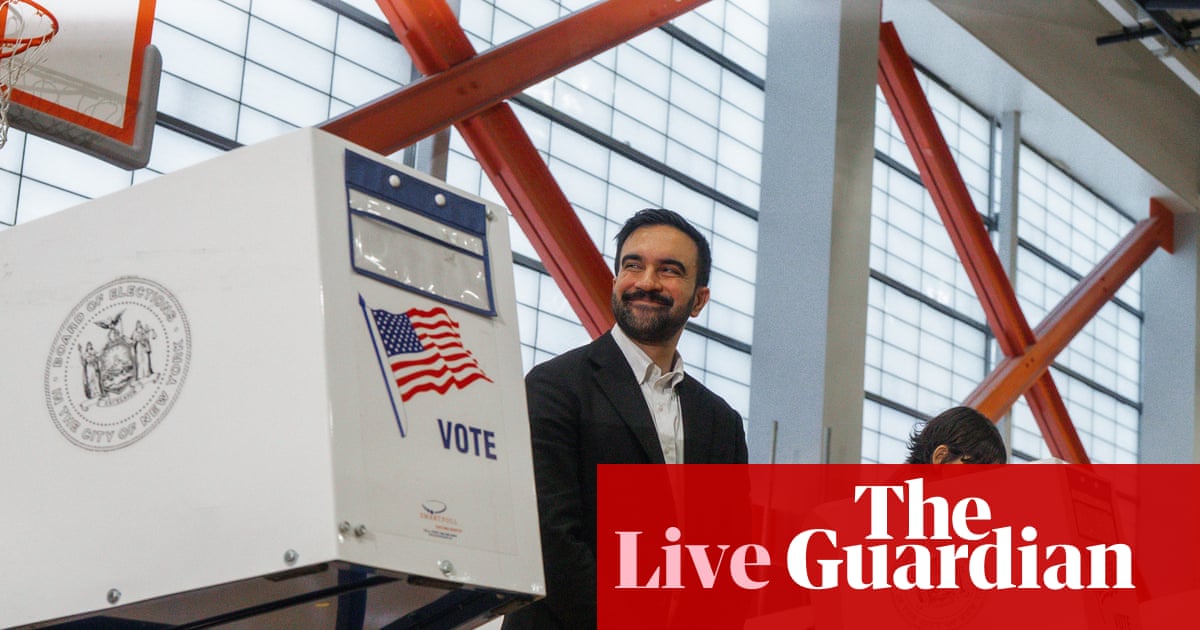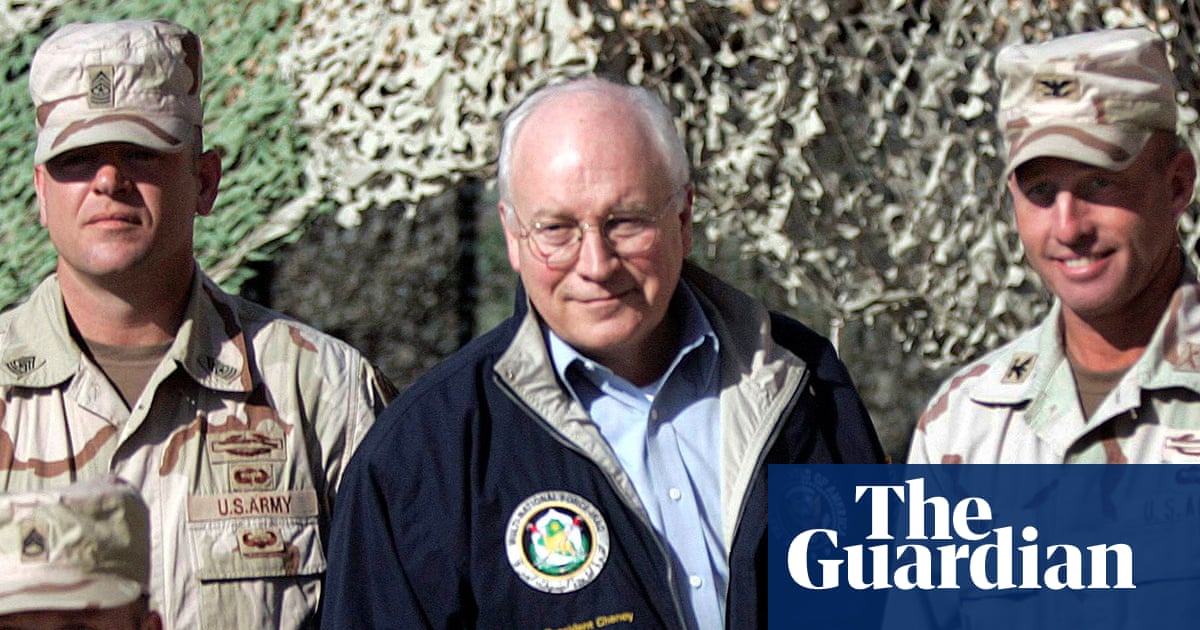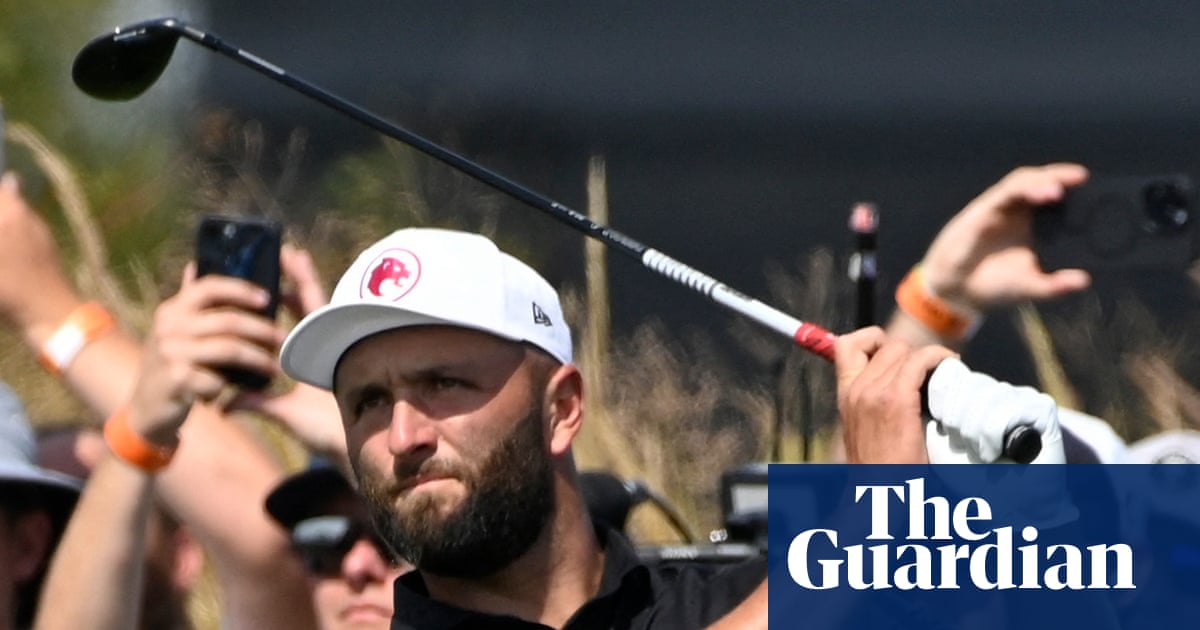Israel’s army has said it struck military tanks in southern Syria, where government forces and Bedouin tribes have clashed with Druze militias in the latest escalation in the Middle East country’s struggle for stability after a 13-year civil war.
Dozens of people have been killed in the fighting between local militias and clans in Syria’s Sweida province. Government security forces that were sent to restore order on Monday also clashed with local armed groups.
Syria’s interior ministry has said more than 30 people have died and nearly 100 others have been injured. The Syrian Observatory for Human Rights, a UK-based war monitor, reported at least 99 dead, including two children, two women and 14 members of the security forces.
As the violence escalated, Israel – which has previously attacked Syria in purported defence of the Druze – said it had struck “several tanks” in the area as a “warning” to Damascus.
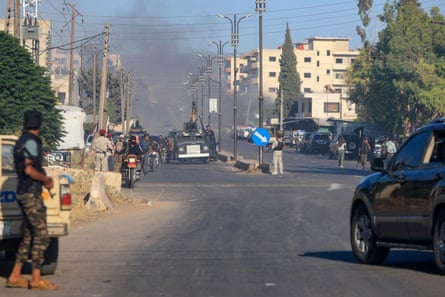
The clashes in Syria initially broke out between armed groups from the Druze and Sunni Bedouin clans, the observatory said, with some members of the government security forces “actively participating” in support of the Bedouins.
Syrian interior ministry spokesperson Noureddine al-Baba said government forces entered Sweida early on Monday to restore order.
“Some clashes occurred with outlawed armed groups, but our forces are doing their best to prevent any civilian casualties,” he told the state-run Al-Ikhbariya TV.
Al-Baba told the Associated Press that the “clashes are fundamentally not sectarian in nature.”
“The real conflict is between the state and bandits and criminals, not between the state and any Syrian community,” he said. “On the contrary, the state views the Druze community in Sweida as a partner in advancing the national unity project.”
Bassem Fakhr, spokesperson for the Men of Dignity movement, one of the largest Druze factions in Sweida, told AFP talks were “under way between the notables of the city of Sweida and representatives of the general security [forces] and the defence ministry to reach a solution”.
Druze religious authorities had called on Monday evening for a ceasefire in the area, saying they were not opposed to the Syrian central government.
But Sheikh Hikmat al-Hijri, one of the three Druze spiritual leaders in Sweida, expressed his “rejection of the entry” of general security forces into the province, demanding “international protection”.
Rami Abdurrahman, who heads the observatory, said the conflict started with the kidnapping and robbery of a Druze vegetable seller by members of a Bedouin tribe who set up a checkpoint, leading to tit-for-tat attacks and kidnappings.

Syria’s interior ministry described the situation as a dangerous escalation that “comes in the absence of the relevant official institutions, which has led to an exacerbation of the state of chaos, the deterioration of the security situation, and the inability of the local community to contain the situation.”
UN deputy special envoy for Syria Najat Rochdi expressed “deep concern” over the violence and urged the government and local groups to “take immediate steps to protect civilians, restore calm, and prevent incitement.”
She said in a statement the clashes underscored the “urgent need for genuine inclusion, trust-building, and meaningful dialogue to advance a credible and inclusive political transition in Syria.”
Israel – which also has a Druze population – reported hitting several tanks heading towards Sweida on Monday.
The strikes were “a clear warning to the Syrian regime – we will not allow harm to be done to the Druze in Syria”, defence minister Israel Katz posted on X.
Israeli forces in December seized a UN-patrolled buffer zone on Syrian territory along the border with the Golan Heights and have launched hundreds of airstrikes on military sites in Syria.
While many Druze in Syria have said they do not want Israel to intervene on their behalf, factions from the Druze minority have also been suspicious of the new authorities in Damascus after former president Bashar Assad fled the country in December during a rebel offensive led by Sunni Islamist insurgent groups. On several occasions, Druze groups have clashed with security forces from the new government or allied factions.
In May, Israeli forces struck a site near the presidential palace in Damascus, in what was seen as a warning to Syrian interim President Ahmad al-Sharaa. The strike came after dozens were killed in fighting between pro-government gunmen and Druze fighters in the town of Sahnaya and the Druze-majority Damascus suburb of Jaramana.
Syria’s foreign ministry called for “all countries and organizations to respect the authority of the Syrian Arab Republic and refrain from supporting any separatist rebel movements.” In a statement, it called for Syrians to “cease acts of violence, surrender illegal weapons and thwart those seeking to dismantle the Syrian social fabric and sow discord and division.”
With Associated Press and Agence France-Presse

 3 months ago
71
3 months ago
71
